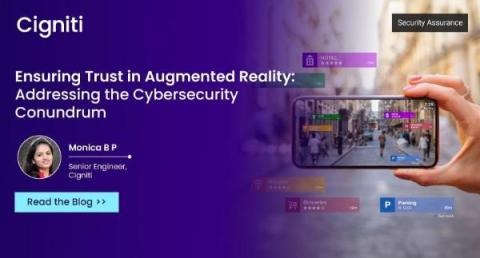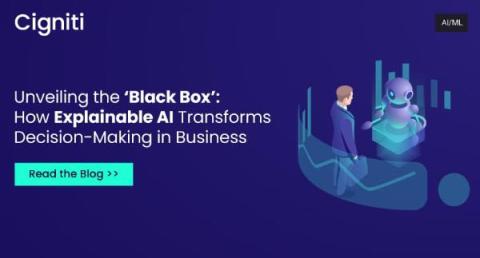The Streaming Edge: Staying Ahead in the Digital Age with Comprehensive Testing
Streaming refers to any media content—live or recorded—delivered to computers, TVs, and Mobile devices via the internet and played back in real-time. Streaming services often require fees, either per view or subscription. Streaming continuously transmits audio or video files from a server to a client. In simpler terms, streaming happens when consumers watch TV or listen to podcasts on Internet-connected devices. We have two types of streaming – audio and video.











